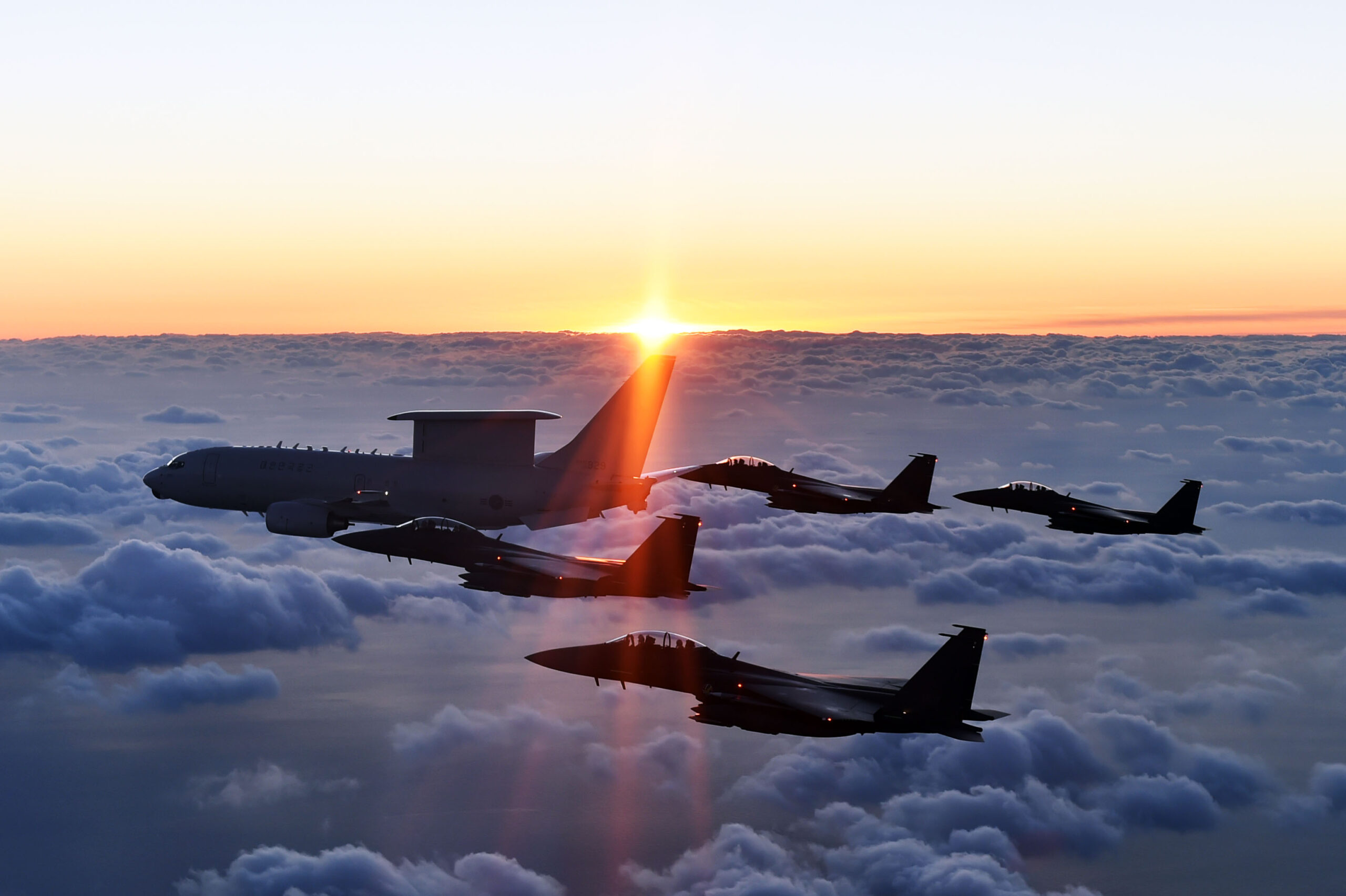South Korea moves forward with USD 2.2 billion new AEW&C aircraft acquisition
Seoul plans to purchase additional airborne early warning and control (AEW&C) aircrafts to strengthen airspace monitoring along the border with North Korea.
The Republic of Korea Air Force (RoKAF) currently operates four Boeing E-7A AEW&C planes, purchased from the U.S. between 2011 and 2012, which constitute its primary airborne surveillance and early warning asset. However, this capability is considered insufficient in the face of North Korea’s increasing missile activity.
That is why South Korea’s Defense Acquisition Program Administration (DAPA) is moving forward with the Airborne Early Warning Program-II, which with a budget of $2,261,000,000,000, will seek to acquire more (perhaps 3 units) AEW&C planes through an international tender.
The AEW&C aircrafts will be procured from abroad, either by direct commercial purchase, or through the US Foreign Military Sales (FMS) mechanism.

While there are excellent Israeli or Swedish options on the international market, Seoul will most likely opt for the American option (the specific mention of the FMS bolsters this theory) and reinforce the E-7A Wedgetail fleet operated by the RoKAF with the purchase of additional units.

/https://aviacionlinecdn.eleco.com.ar/media/2024/02/AEW-E-7-RoKAF.jpg)
Para comentar, debés estar registradoPor favor, iniciá sesión